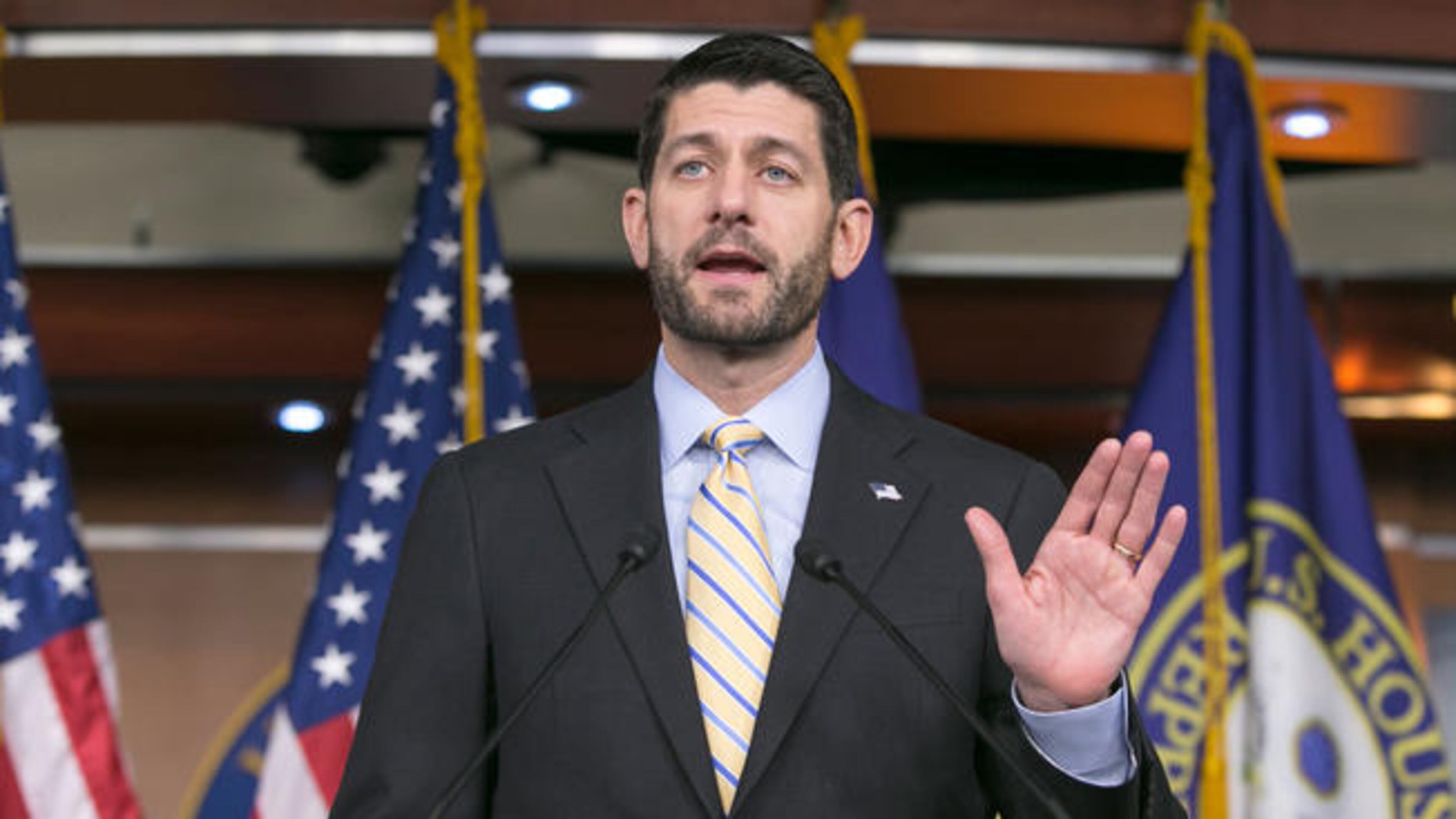This 'fiscal conservatism' commitment is only a sometime thing

The Republican-dominated House of Representatives voted 318-109 Thursday in favor of a proposal that will add another $650 billion to the nation's debt over the next decade. Once interest payments are added in, the total impact on the debt rises to $800 billion.
“Where did all the deficit hawks go?” a bemused Nancy Pelosi said after voting against the tax-cut package. “Probably part of the endangered species, I don't know.”
In Republican economics, you see, the additional $800 billion in debt that will occur as a result of this bill somehow doesn't really count. Sure, they haul out their fainting couches and stage a national melodrama every time the debt limit has to be increased, and in the past have demanded that even emergency spending on disaster relief and aid to 9/11 responders had to be "offset" with spending cuts elsewhere. They'll also rail against the IRS for the complexity of the tax code, as if the tax collection agency was responsible for enacting special-interest tax breaks for NASCAR, horse-racing tracks, foreign real-estate investors that this bill provides, and that make the code so complicated.
But when opportunity arises, when the deficit and debt are increased by cutting taxes, somehow that's different. The math is the same; the impact on the nation's bottom line is the same. Yet ... somehow it isn't. Don't ask me how that works, because I don't know.
One other note: The spending and tax bills now rushing their way through Congress -- the roughly 2,400 pages of legislation were only released in final form to the public and to members of Congress after midnight on Wednesday -- apparently contain no effort to defund Planned Parenthood or the EPA's climate or water programs, or to stop the resettlement of Syrian refugees. Given the chance to enact tax favors, all those other causes apparently faded into insignificance.
